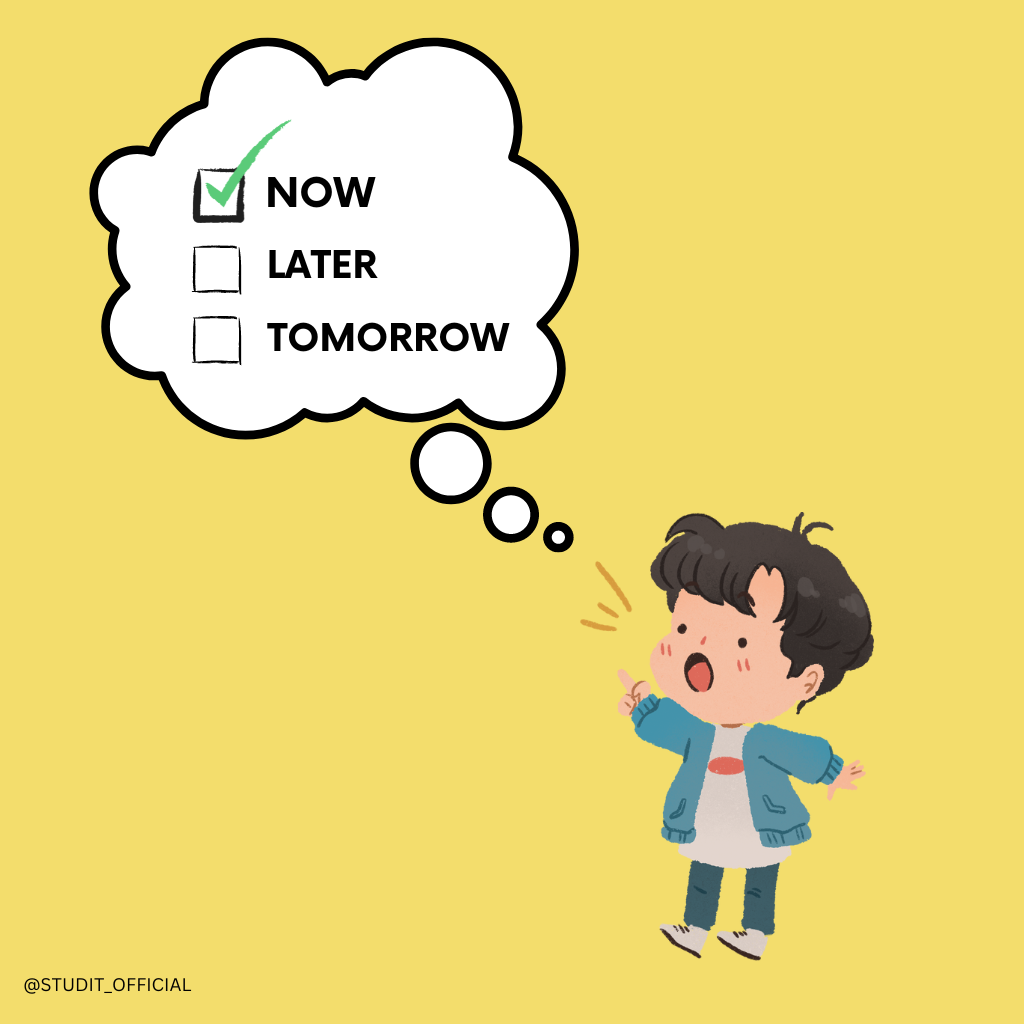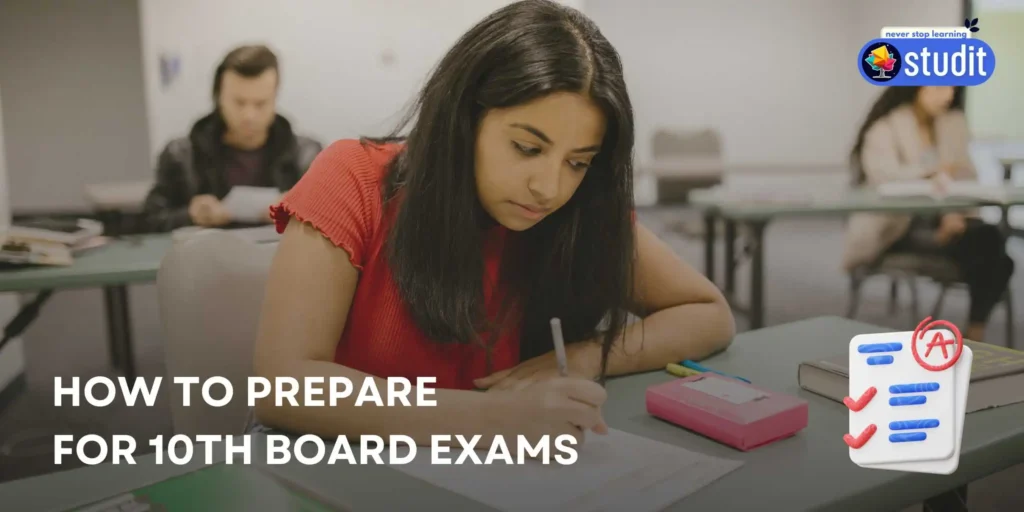How to overcome procrastination
How to overcome procrastination Introduction How to overcome procrastination is a common question asked by many. If you’ve ever struggled with putting off important tasks, you’re not alone. Many people want to know how to overcome procrastination and get things done effectively. In this blog, we’ll explore actionable strategies that can help you overcome this common challenge. 1. Understand Why You Procrastinate Before questioning yourself how you can overcome procrastination, it’s important to understand why it happens in the first place. Procrastination can stem from various causes, such as fear of failure, perfectionism, or feeling overwhelmed by the task at hand. Identifying the root cause is the first step in learning how to overcome procrastination effectively. 2. Set Clear, Achievable Goals One of the most effective ways to tackle procrastination is by setting clear, realistic goals. Large, vague tasks can feel daunting, so break them down into smaller, actionable steps. When you know exactly what you need to do, it becomes easier to see how to overcome procrastination through a series of small accomplishments. 3. Create a Productive Environment Learning to overcome procrastination also means eliminating distractions. Whether it’s turning off social media, clearing your workspace, or setting specific times to focus, creating an environment conducive to work is key. A distraction-free setting makes it much easier to focus and see how to overcome procrastination. 4. Use the Two-Minute Rule A simple technique to overcome procrastination is the two-minute rule: if something takes less than two minutes, do it right away. This can prevent small tasks getting piled up and giving anxiety. The two-minute rule can help you make quick progress and understand how to overcome procrastination on a daily basis. 5. Self-Imposed Deadlines Deadlines create a sense of urgency, which is essential in learning to overcome procrastination. Even if nobody gives a deadline then also give a deadline to yourself. Treat these deadlines as seriously as you would any official one, and you’ll find it much easier to understand how to overcome procrastination. 6. Reward Your Progress Celebrating small wins is an important part to overcome procrastination. Set small goals and reward yourself when you achieve those. Positive reinforcement helps create motivation, making it easier to continue applying what you’ve learned about how to overcome procrastination. Conclusion: Mastering How to Overcome Procrastination By applying these strategies, you will start to see how to overcome procrastination in your daily life. Remember, understanding how to overcome procrastination isn’t about completely eliminating it—it’s about managing it effectively. As you practice these techniques, you’ll become better at identifying triggers and breaking tasks into achievable steps. Once you master these methods, you’ll know overcome procrastination and improve your productivity for the long term.
How to overcome procrastination Read More »



